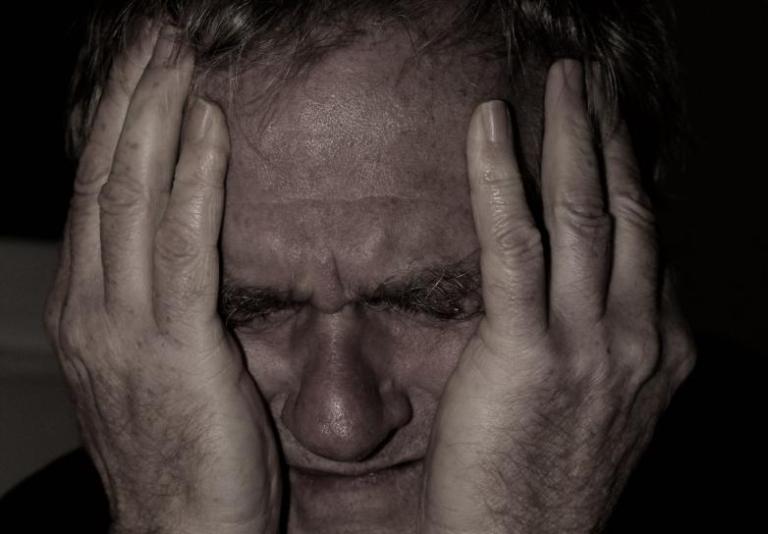
What do you say to a person afflicted by a tragedy? What can you do for the family of someone killed in the Las Vegas shooting, or someone who has lost everything in a hurricane, or those mourning the death of a loved one? We often respond by saying common phrases, such as “you are in our thoughts and prayers.” But isn’t that a cliché? Shouldn’t we come up with something original to say?
No, says Andy Crouch. Offering our “thoughts and prayers” is a good thing to say and do. Christianity Today has reposted a piece by its former editor entitled On ‘Thoughts and Prayers’ After Another Mass Shooting | Christianity Today. It was written back in 2015 on the occasion of the San Bernadino shootings. Since then, there have been so many more mass shootings, acts of terrorism, and natural disasters–as well as every day cases of grief and mourning–that it remains highly relevant.
Crouch says that when we hear of something terrible that has happened, we naturally respond in two ways:
(1) Though overwhelmed, we think about the tragedy, imagining what it would be like to experience something like that. That it to say, we feel empathy. These are our “thoughts.”
(2) Horrible events create even in non-religious people feel an impulse to pray. Crouch comments,
This is, in a way, another and perhaps higher form of empathy. It reflects our instinct that our own experience of personhood, identification, and love must ultimately reflect something—or Someone—fundamental to the cosmos who is personal, who has identified with us, and who responds to us and all the world with love.
He further observes that the purpose of these kinds of prayers is not “to fix things” but to hold everyone involved in the tragedy before the mercy of God. Another appropriate kind of prayer, well-attested in the Psalms, is lament, simply pouring out our grief and frustrations to God.
But shouldn’t we come up with something original to say in order to express our concern in an authentic way and comfort the grieving? No, says Crouch. “Inarticulacy is the proper, empathic immediate response to tragedy.” This is why we quite appropriately fall back on conventional words and phrases. These constitute a sort of liturgy.
It is unrealistic, and arguably cruel, to ask for fresh words in the moment that we are confronted with suffering and loss, let alone horror and evil. Every human being, in these moments, falls back on liturgies—patterns of language and behavior learned long before that get us through the worst moments in our lives. There is no need to come up with a new thought or new words when you stand in the receiving line at a funeral home; it is entirely fine to say, “I am so sorry for your loss,” even though the family will have heard those words a hundred times before. What matters is not your words, which cannot possibly rise to the demands of the occasion, but your presence and your empathy.
Crouch points out that there is not much we can actually do to help others in times of tragedy. Yes, give to disaster relief and reach out to sufferers whom we know as we are able. But we can think about them. And pray for them.
These “thoughts and prayers” are not insignificant And, if we can tell the mourners that we are thinking about them and praying for them, that actually is a comfort.
I don’t agree with everything Crouch says (for example, that it is appropriate to pray for the dead), but his article, which says much more about how we should respond to tragedy, is well worth reading. And remembering, since we will no doubt have many more occasions to offer people our “thoughts and prayers.”
Photo by geralt, via Pixabay, CC0, Creative Commons














